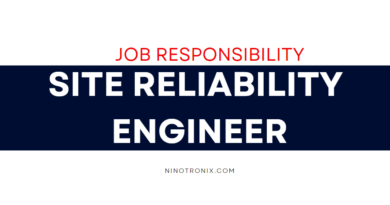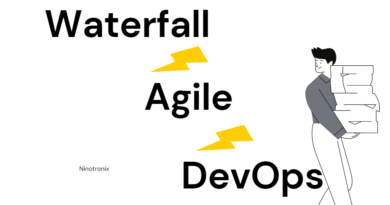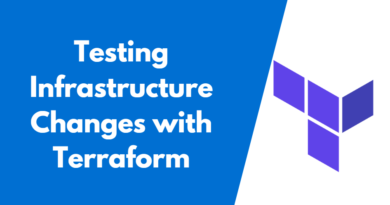Essential DevOps Tools You Need to Learn for Successful Automation and Collaboration
As an AWS DevOps engineer, you should be familiar with a variety of tools to help you deploy, manage, and monitor your applications on AWS. Here are some of the key tools you should learn:
- AWS Services: You should have a strong understanding of the AWS infrastructure, services, and features. This includes services like EC2, S3, Lambda, RDS, and more.
- Infrastructure as Code (IaC) tools: IaC tools like AWS CloudFormation, Terraform, and Ansible help you define and deploy your infrastructure in a repeatable, automated way.
- Continuous Integration and Continuous Deployment (CI/CD) tools: CI/CD tools like AWS CodePipeline, Jenkins, and GitLab help you automate your software delivery pipeline, from code changes to production deployments.
- Monitoring and Logging tools: AWS CloudWatch, ELK Stack, and Datadog help you monitor and troubleshoot your applications, infrastructure, and services.
- Containerization tools: Docker and Kubernetes are popular tools for containerizing and deploying applications on AWS.
- Version Control tools: Git is a widely used version control system that helps you manage your source code, track changes, and collaborate with your team.
- Scripting Languages: Python and Bash are commonly used scripting languages for AWS DevOps automation and scripting.
- Security and Compliance tools: AWS Config, AWS Security Hub, and AWS IAM provide security and compliance monitoring and management capabilities.




